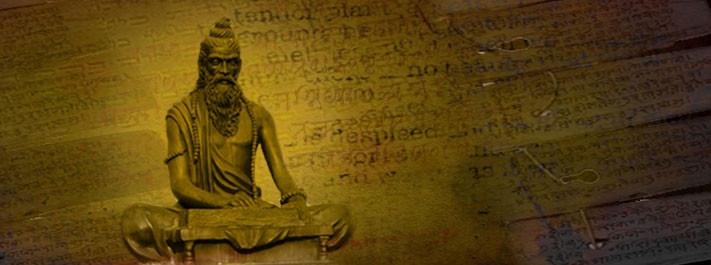Ancient Antidote for Despair
Last day I was reading the news of the landslide victims of Wayanad, Kerala. It was shocking to learn that almost 500 were reported missing or dead, and nearly 400 were injured, making it one of the most devastating natural calamities in India in the past decade. Almost a thousand souls who survived lost everything overnight: their loved ones, homes, jobs, and all their possessions. It is indeed a tragic incident.
Disasters can strike anyone, anytime. I imagined what my response would be if it were to happen to me one day. I would be devastated, if not dead. I might even go mad with grief.
This led me to think of the perishable nature of everything in my life that I deem important.
The problem of attachment
The core problem, I think, is that we are attached to too many aspects of our lives; our fortune, family, job, and so on. Unfortunately, we never think of them as perishable.
We also get emotionally entangled with them. Our hopes, and expectations about these possessions lead us to stress and despair. So effectively, even when we have all worldly possessions with us, we are unhappy. Once we lose them, we succumb to grief.
Our actions too are often self-centered. Everything we do has a motive behind it. It has come to a point where we won’t do anything—let alone service—if there is nothing in it for us. We work for money, we help expecting reciprocation, and we only invest our time and efforts where it reaps returns with interest.
If these expectations are not met, which happens more often than not, we feel unappreciated, outcast, and lonely.
Ancient wisdom
Whether we have it, don’t have it, or lose it, we remain in despair in this materialistic world. Is there a way to transcend this?
The answer is yes; through selflessness.
In Bhagavat Geeta, the ancient religious and philosophical text of India, this is called ‘Nishkama Karma‘ (unattached action). It teaches us that our karma—vaguely translated to actions—binds us to the hedonistic treadmill. We are, hence, eternally trapped in the cycle of action, hope, and despair.
The Geeta prompts us to change our attitude toward our actions. Rather than getting too attached, we need to separate our actions from our emotions. This will give you freedom from the binding forces.
To achieve this, ancients used to think of their actions as a sacrifice to the gods. They took care not to be proud of what they accomplished. Considering themselves instruments in the hands of a superior being, they kept their ego out of their actions.
You don’t have to be religious all of a sudden to imbibe this attitude. Instead, you can think like a humanist and consider your actions a service to society. Thus you can keep your ego at bay. Once you discount your ego, you can distance yourself emotionally from the activity and its results.
Likewise, being constantly aware of the impermanence of everything will disillusion you from your possessions. This will help you to practice non-attachment.
The antidote to attachment
“This life is short. The vanities of the world are transient. But they alone live who live for others, the rest are more dead than alive”
Swami Vivekananda
You can practice this detachment in day-to-day life. Do everything with your full heart but think of it as a routine you follow. The result, whatever it might be, should not be of much concern to you. You are doing it for the welfare of the whole of the universe. You are playing your part in the flow of the cosmos.
The freedom this non-attachment gives to you is nothing like any other. You would be stress-free, emotionally stable, and unaffected by problems; not much unlike children playing carefree in the park.
Imagine that the future holds some unexpected loses in your life. Would you succumb to grief or find refuge in detachment?
Thank you for reading. Feel free to post your opinions in the comment box below.

The BEST way to look at, live your life ❤️💞
Thank you for reading, Patrice.